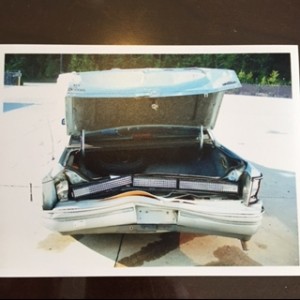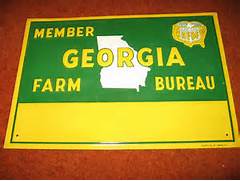 A recent study conducted by the Highway Loss Data Institute is raising red flags about the legalization of marijuana for recreational use and its correlation to an increase in the number of vehicle collisions reported to insurance companies in Colorado, Oregon and Washington. The study compared the collision rates of Colorado, Oregon and Washington both before and after each state passed the legalization initiatives with the rates from Nebraska, Utah and Wyoming, where marijuana is still illegal. According to the Institute, since marijuana was legalized, claims are up 6.2 percent in Washington, 4.5 percent in Oregon and 16 percent in Colorado. The increase in reported collision rates appears to correlate to the lapse of time since the legalization, with Oregon being the most recent to legalize marijuana and having the smallest increase out of the three states, and Colorado being the first to legalize marijuana and having the greatest increase.
A recent study conducted by the Highway Loss Data Institute is raising red flags about the legalization of marijuana for recreational use and its correlation to an increase in the number of vehicle collisions reported to insurance companies in Colorado, Oregon and Washington. The study compared the collision rates of Colorado, Oregon and Washington both before and after each state passed the legalization initiatives with the rates from Nebraska, Utah and Wyoming, where marijuana is still illegal. According to the Institute, since marijuana was legalized, claims are up 6.2 percent in Washington, 4.5 percent in Oregon and 16 percent in Colorado. The increase in reported collision rates appears to correlate to the lapse of time since the legalization, with Oregon being the most recent to legalize marijuana and having the smallest increase out of the three states, and Colorado being the first to legalize marijuana and having the greatest increase.
Critics of the study question the validity of the findings, as population densities in Nebraska, Utah and Wyoming have significantly less dense population centers than Colorado, Oregon and Washington. However, according to researchers, the study accounted for factors such as the number of vehicles on the road, the driver demographics, employment status and weather. Certainly such variations will affect the outcome of a study to some degree, but the significant increase in reported traffic collisions should not be minimized. While the Highway Loss Data Institute cautioned that the study did not look at highway fatality rates nor did it allege that the increase was directly caused by drivers who were high, the findings did indicate a greater crash risk to all drivers on the road.
To be sure, some of the increased percentage could be linked to an increased willingness of high-drivers to report traffic collisions due to the decreased risk of criminal culpability. While driving high is still unlawful, modern technology currently provides no means of determining the degree of influence a marijuana user may be under in a manner similar to that of a breathalyzer test for blood alcohol concentration. Thus, if the driver believes he can conceal the fact that he is under the influence of marijuana and he in possession of the substance, he will be far more willing to contact local law enforcement officials to report a collision than if he were in a jurisdiction that still outlaws pot. More significantly, as more and more states pass initiatives legalizing marijuana for recreational use, the rate of marijuana consumption will inevitably climb and the rate of high drivers will follow suit. After all, high drivers have a significantly greater chance of getting away with driving under the influence than drunk drivers due to the absence of any on-scene testing mechanism.
 The Christmas and Holiday season, while a time of joy and celebration, also brings about unique challenges for drivers on the road. As families come together and festivities abound, the increased traffic, adverse weather conditions, and various distractions contribute to a heightened risk of accidents. In this article, we will delve into the most dangerous threats that drivers face during the Christmas season in Georgia.
The Christmas and Holiday season, while a time of joy and celebration, also brings about unique challenges for drivers on the road. As families come together and festivities abound, the increased traffic, adverse weather conditions, and various distractions contribute to a heightened risk of accidents. In this article, we will delve into the most dangerous threats that drivers face during the Christmas season in Georgia. Atlanta Personal Injury Lawyer Blog
Atlanta Personal Injury Lawyer Blog









